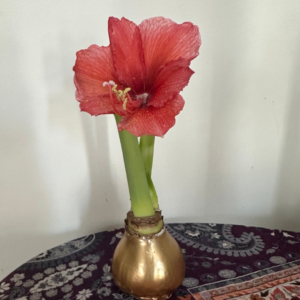There is no requirement to follow a particular religion or spiritual belief system. It’s not that kind of exploration.
As researchers explore the effect of chanting upon the brain and nervous system, they suggest there are benefits to your wellbeing. As this field grows, I expect more findings and wider exploration.
Chanting has been found to effect the brain differently than prayer or meditation.
Some reported benefits include improvements in sleep, mood, blood pressure, and cognitive health. Reductions in symptoms of general stress, anxiety, and depression have been identified.
While it is encouraging that the study of chanting, prayer, or meditation is expanding, you can explore these benefits on your own.
Do your own research. Every brain, body, and life is different. Same for belief systems and preferences about how to connect with that which is meaningful. Yet, across this variety, the research suggests that when you chant, pray, or meditate, your brain, heart, and nervous system are positively affected.
How to proceed, then, with the idea of improvement through chanting or any spiritual/secular practice you choose?
Get curious. Try out different styles of chanting, mantra meditation, yoga, meditation, sound healing, or contemplation in nature. Discover what feels best for your body, mind, and mood. If something feels good, keep exploring. If it leaves you flat, let it go. No monks, fMRIs, or complex statistics required. You are in the N=1 research project with you as the only subject.
If you’re local to Soul Sanctuary and want to Chant in the Light Cathedrals, please join us.
We’ll be celebrating the light by chanting on November 17th and December 15th.
Sharing a practice with a group enhances the experience. It allows you to sink deeply within the activity of chanting until you become the energy of that sacred prayer. As this happens organically, you remember something at all levels of your being.
You belong to this cosmic harmony because you are the song of the universe.
If chanting isn’t for you, I hope you find that sweet spot that leaves you feeling as if that picture above captures your experience perfectly.




















